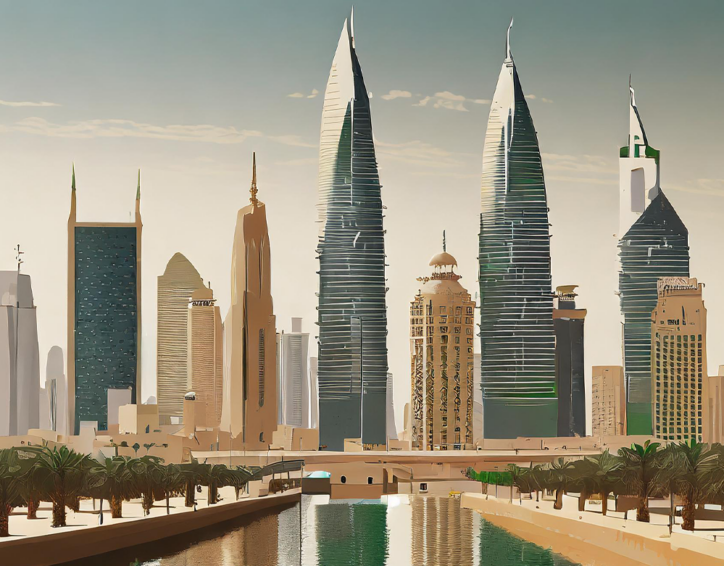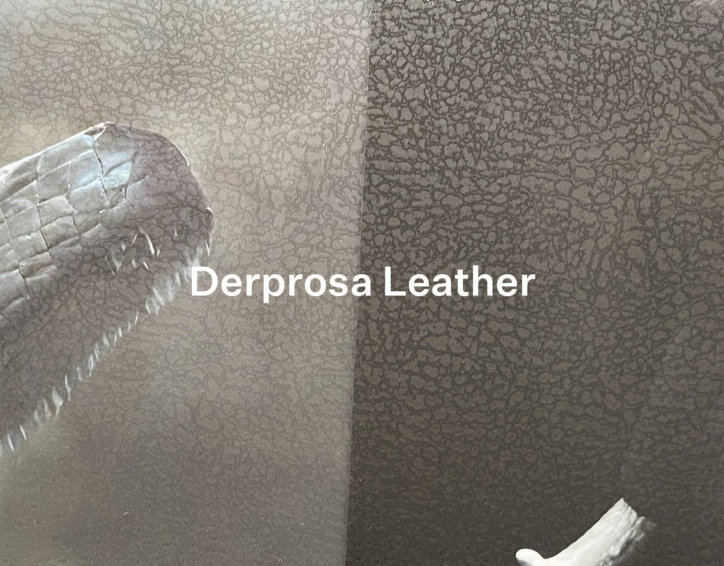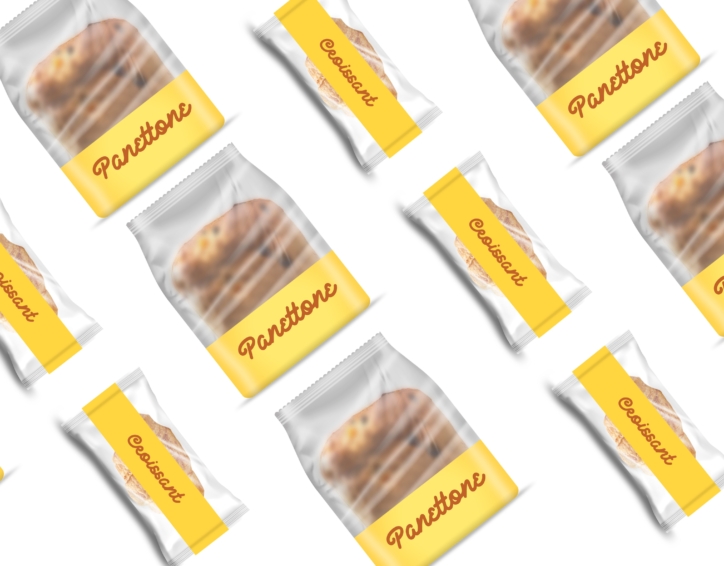The revolution recyclable packaging

In today’s landscape, where sustainability drives business decisions and environmental regulations are becoming increasingly stringent, recyclable packaging is emerging as one of the most necessary demands. Taghleef Industries is at the forefront of this revolution, offering films that are transforming the packaging industry by reducing material consumption and creating more sustainable solutions for various industries, including food, shampoo and detergents.
How does reDESIGN™ service help redesign traditional structures?
Taghleef Industries’ reDESIGN™ service represents a turning point for sustainable packaging design. The goal is clear: through our experience, vision, and investment, we can support brands and companies in transitioning from traditional structures to more sustainable solutions while keeping performance intact.
Through close collaboration with customers, reDESIGN™ analyzes packaging characteristics to create alternative solutions that maintain the benefits of BoPP while reducing environmental impact and dependence on fossil resources.
In addition, with the support of advanced films from the EXTENDO® range, Ti ensures performance packaging even for foods that are sensitive to oxygen or moisture. This innovation enables companies to meet both market and regulatory requirements without sacrificing product quality.
What are the advantages when replacing complex traditional structures?
Traditional multi-material laminates, often containing Aluminum foil, MetPET and PVdC components, represent a significant challenge for recycling. Replacing them with Taghleef films offers numerous advantages to end users and brand owners, including:
1. Improved recyclability: films are designed to be easily recycled into existing streams, simplifying waste management.
2. Cost Reduction: simplifying structures eliminates the need for additional adhesives and layers, reducing manufacturing and processing costs.
3. Logistics efficiency: light but resistant films allow you to optimize transport and storage processes, with a lower environmental impact.
4. Regulatory compliance: the redesigned solutions better respond to European regulations, which promote the reduction of plastic waste and improved recyclability.
Although recyclability is a fundamental aspect, it is important to remember that these are just some of the intrinsic benefits that end users and brand owners can obtain. Flexible packaging often uses less material than rigid alternatives and also optimizes their operations, increasing competitiveness in the market.
How packaging can have a positive impact
Choosing the right packaging material is crucial to guarantee not only environmental sustainability, but also commercial effectiveness, increasing competitiveness on the market. With the technological innovations, advanced materials and reDESIGN™ solutions proposed by Taghleef, modern packaging can transform into a key element for positive change.
One of the most significant impacts of sustainable packaging is its ability to reduce the ecological footprint. Ti experts are working to develop pioneering packaging solutions that use recyclable, biodegradable and biobased materials so as to reduce dependence on fossil fuels and reduce the overall carbon footprint of the product, promoting a more circular and responsible economic model, reducing waste and satisfying consumers who are increasingly attentive to environmental issues.
The packaging revolution is no longer an aspiration, but a tangible reality thanks to the reliability of Taghleef Industries. With cutting-edge solutions, a deep commitment to sustainability and a collaborative approach through the reDESIGN™ service, Taghleef continues to lead the industry towards a more responsible and circular future and ensure that flexible packaging remains a sustainable and valuable part of the packaging ecosystem.


